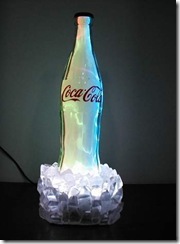 Most have joined a brand-sponsored online community
Most have joined a brand-sponsored online community
What does it mean for users to be willing to form relationships with a brand online and share them via the publicity of a “like” on Facebook, for example? As marketers ask whether such relationships will lead to increased sales, brand advocacy or other direct benefits, research suggests publicizing brand preferences is about users defining themselves.
An ExactTarget study on Facebook fans’ motivations found that nearly two in five wanted to show their support for a company. They considered the brands they liked a form of self-expression. A Facebook profile, which lists brands that a fan is connected with alongside other interests, such as music, movies and books, is a venue for this self-expression. The company found it was very important for some users to show brands almost as a part of their own personality.
Young people around the world may feel the same way, according to Edelman. Nine in 10 millennials (those born between 1980 and 1995, or “8095ers”) surveyed in the US, and a total of 86% around the world, were willing to share their brand preferences online.
As the report explains, that makes brand preference a top personal identifier for millennials online—alongside such information as religion and ethnicity.
“This research suggests a link between the immersive, symbiotic relationship 8095ers have with social networking channels and the likelihood to define their personal brand by aligning with the brands they favor,” said the report.
While they will define their personal brand by connecting with brands online, they are much less likely to consider the web a major source for decision-making. Just 13% relied on social networks, compared with 77% who went to family and 64% who turned to friends.
Millennials also rely on a large number of information sources when choosing which brand to buy; a majority worldwide and 42% in the US consulted at least four sources when considering a new product. Brands must be everywhere to ensure they are part of the conversation as millennials look high and low for product information.

























Leave a Comment